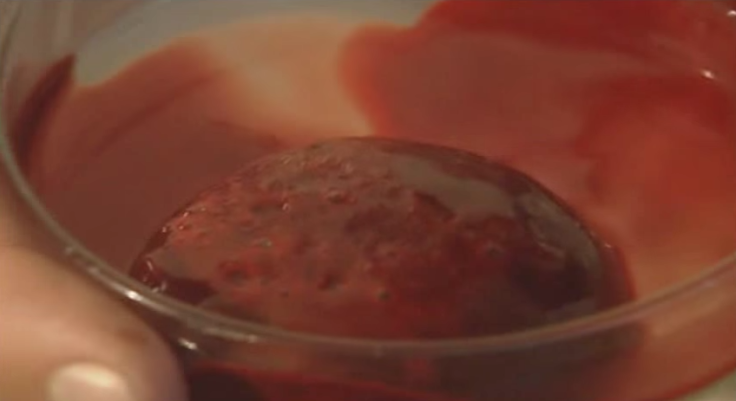Snake Venom Can Kill You In Lots Of Ways: Here’s One Terrifying Example

Snake venom, horrifyingly enough, is really just complex saliva. And not all of it is created equal. Depending on the snake that bites you, your heart could shut down; your muscles could become paralyzed; or your blood could clot so much that it no longer flows.
These various effects stem from different kinds of toxins found in snake venom. Some snakes, like mambas, rattlesnakes, and cobras produce a venom rich with neurotoxins. They attack the neurotransmitters in your brain, shutting down nerve function and arresting muscle movements. Then there are cytotoxic varieties of venom, which destroy cells and entire tissues, wiping away flesh and causing tremendous pain. You can thank vipers and certain cobras, some of which don’t even need to bite you because they spit their venom.
Then there are hemotoxins. They go after your blood, destroying red blood cells or inducing coagulation — turning it from a thick, healthy liquid into a spongy, goopy mess. See the latter case for yourself:
Snake venom isn’t totally satanic. Medical science has been able to harness the toxicity of many types of venom to generate anti-cancer properties in cell cultures, produce antimicrobial compounds, and alleviate nerve pain. Although, when one drop of the stuff turns a glass of blood into a solid in a matter of seconds, it’s hard to believe venom is anything but pure evil.
Published by Medicaldaily.com



























